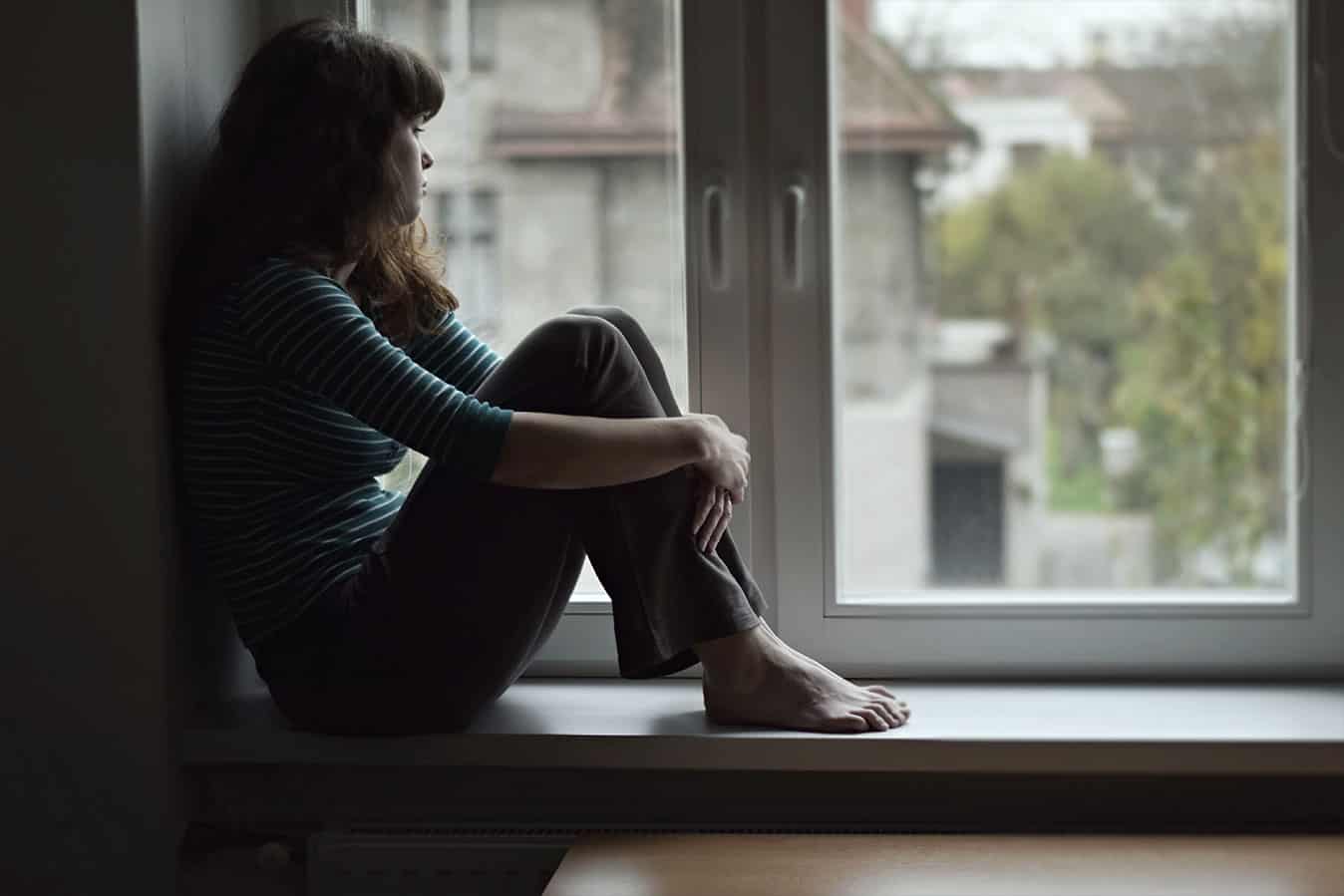Social connectivity decreased dramatically during the COVID-19 pandemic, with associated poor health outcomes costing up to $2.7 billion each year, according to a new report.
The breadth of people’s social experiences through the COVID-19 pandemic in Australia was a special focus of the Curtin University report, ‘Stronger Together: Loneliness and social connectedness in Australia’, with researchers tracking changes in social connectedness, participation and trust before and after the pandemic.
The report’s co-author Alan Duncan, a distinguished professor at the Bankwest Curtin Economics Centre, said researchers found loneliness was associated with poor physical and mental health outcomes and the adoption of risky health behaviours, which came at a social and economic cost.
“People who become lonely, or remain lonely, visit their GPs more often and present at hospital more frequently,” Professor Duncan said.
“Social isolation is also associated with less physical exercise, a greater prevalence of regular smoking and excessive alcohol consumption.”
The report found the overall costs associated with the prevalence of loneliness on society to be up to $2.7 billion each year, an equivalent annual cost of $1,565 for each person who becomes lonely.
More than half of women and men aged over 65 who feel lonely most of the time report poor health, which is around twice the rate of those who do not feel lonely. Both men and women in the same age cohort who report being lonely pay nearly 10 visits to their GP each year – around four visits more than their not-lonely counterparts.
“Taken all together, these findings indicate that increasing loneliness comes at a high cost to our society and that mitigating loneliness could reduce demands on our health system, improve community connectedness and enhance personal wellbeing through the life course.”
Co-author associate professor Astghik Mavisakalyan said young people, particularly women, were hardest hit by loneliness, before and during the pandemic.
“Many young Australians, in particular young women, have found it difficult to adjust to a way of life with long periods of confinement to the home and significantly less face-to-face contact with family and friends,” Associate Professor Mavisakalyan said.
“During the COVID-19 restriction period, over 67% of young women found not being able to see friends or family difficult, compared to half of young men, which led to an increased sense of isolation, with young women twice as likely to feel lonely than young men.”
The report found the amount of emotional support sought by young people during 2020 also increased, with 59% of young women and 41% of young men reporting needing a greater level of emotional support during restrictions.
It also found that the move towards online service delivery in Australia risks increasing loneliness among vulnerable groups, particularly senior Australians who may not have the resources or confidence to engage effectively with online services.
Meanwhile, the report found that public trust in government and public institutions such as healthcare services and police increased during the pandemic. However, this was not true for Indigenous Australians, who consistently reported much lower levels of trust in institutions as well as the wider community in general.








